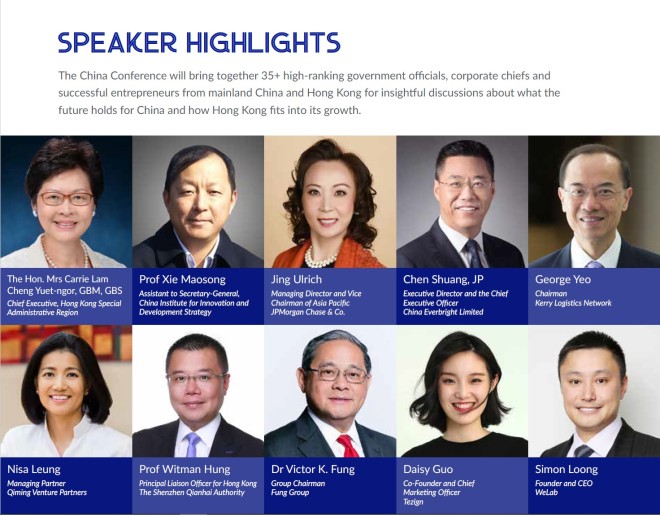
China's future – the next 40 years
Back in December 1978, when Deng Xiaoping announced the official launch of China’s Four Modernisations – focusing on industry, agriculture, science and technology, and defence – not even he could have envisaged the speed and extent of the changes that were to follow.
Those initial reforms ushered in a period of breathtaking transformation and phenomenal economic growth, which not only improved the lives of countless millions but also led to significant shifts in the international order and the balance of global power.
Today, 40 years on, by almost any measure China is a world leader. It has the highest foreign exchange reserves, the most exports, the biggest labour force, and is well on track to surpass the US in terms of overall GDP. In other respects, the country can now boast the world’s largest car market, the most extensive high-speed rail network, and far more internet users and mobile phone subscribers than anywhere else.
Wherever you look, there are records and superlatives, but logic dictates that things can’t keep barrelling on at the same rate, driven by the production-consumption cycle and all it entails. And the key question that this inevitably leads to is “What comes next?”
This question isn’t just for 2019 or during the subsequent decade, but over the next 40 years. What new reforms are now being planned? How will advances in robotics, artificial intelligence, blockchain and nano-technology reshape both the world of work and everyday life? And when will the relevant authorities finally get the message that urgent, concerted action is needed to slow climate change and preserve the natural environment?
These subjects and more will be up for discussion at the upcoming China Conference which takes place on February 21 at the JW Marriott Hong Kong. Organised by the South China Morning Post, the event will bring together leading figures from business, government and academia to consider the current challenges and, consulting their crystal balls or horoscopes, to predict how things will continue to unfold.
Taking the theme “The next 40 years: A new chapter in the China story”, the agenda will deal with trade, social, cultural and geopolitical issues. And it will pay special attention to developments in the tech industry.
Already, of course, that sector has been caught up in the fallout of the ongoing Sino-US tariff dispute. But no one can ignore the broader implications relating to cybersecurity and the protection of national interests, which are now very much in the spotlight.
As a result, the easy assumption that China will soon be a world leader in technology must be tempered by the fact that numerous other countries don’t exactly welcome the prospect. It is one thing to place orders for the manufacture of mobile phones, HD TVs and other such gizmos. But it seems that the stakes are now higher, the ground rules are changing, and it is currently anyone’s guess how things will eventually turn out.

Keynote speakers and panellists at the conference will include senior figures from China and influential figures from around the world. They are expected to address the negative aspects of the country’s economic miracle – such as excessive carbon emissions and environmental degradation – as well as the obvious plus points. And they will be encouraged to look beyond the headlines and shorter-term distractions to identify the major trends in business, diplomacy and urban society, and what they will mean for all of us.
For instance, one-panel discussion will focus specifically on Hong Kong’s place in China’s future, not forgetting that things could change significantly come 2047. Another will consider the prospects for the Greater Bay Area. And a third will look at essential strategies for the changing corporate landscape.
